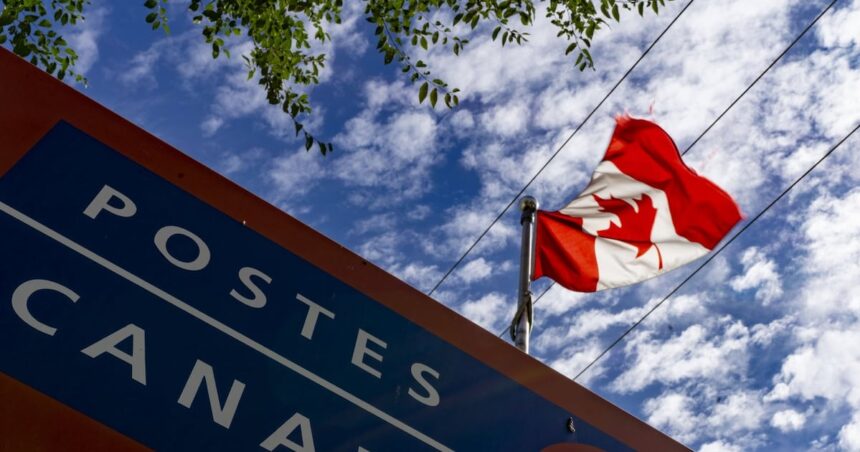The shadow of a nationwide postal disruption looms larger as Canada Post and the Canadian Union of Postal Workers (CUPW) find themselves at loggerheads in what has become an increasingly contentious round of contract negotiations. With the August 31 deadline rapidly approaching, Canada Post officials claimed Thursday that union representatives have “hardened their position,” potentially derailing months of discussions.
“We’ve been at the table in good faith since November 2024, but recent developments suggest the union is moving further away from compromise rather than toward it,” said Patricia Chen, chief negotiator for Canada Post. “Their latest demands would add approximately $1.4 billion in additional costs over a four-year agreement—an unsustainable figure given our current financial reality.”
The negotiations affect roughly 55,000 postal workers across the country, whose collective agreement expires this Sunday. CUPW representatives paint a dramatically different picture of the situation, arguing that Canada Post has refused to address critical worker concerns despite the corporation posting modest profits in the first two quarters of 2025.
“This isn’t about unreasonable demands—it’s about dignity and sustainability for postal workers,” explained Jordan Matheson, CUPW national president. “Canada Post executives continue receiving bonuses while front-line workers face increasingly difficult working conditions and stagnant wages that haven’t kept pace with inflation.”
The primary sticking points include wage increases, workplace safety protocols, and the controversial last-mile delivery program that CUPW claims has significantly increased workloads without corresponding compensation adjustments.
Financial analysts monitoring the situation note that Canada Post faces unique challenges in 2025’s evolving communication landscape. “They’re caught between declining traditional mail volumes and fierce competition in the parcel delivery sector,” explained Dr. Renata Singh, economics professor at University of Toronto. “However, their essential service designation gives them both privileges and responsibilities that must be balanced against fair labor practices.”
The potential for service disruption comes at a particularly sensitive time for Canadian businesses and consumers. September typically marks the beginning of increased shipping volumes as companies prepare for the holiday season, and any prolonged labor dispute could ripple through supply chains already stressed by global economic pressures.
Federal Labour Minister Anthony Richardson has urged both parties to continue negotiations, though he stopped short of indicating whether the government would intervene with back-to-work legislation if a work stoppage occurs. “Our government respects the collective bargaining process,” Richardson stated in a press release. “We encourage both parties to work diligently toward a resolution that serves postal workers, the corporation, and ultimately all Canadians who depend on reliable postal service.”
A recent poll conducted by Harris/Decima suggests that while 64% of Canadians sympathize with postal worker concerns, 57% would support government intervention if mail service is interrupted for more than two weeks.
As the deadline approaches, Canadians must now consider: in an era of digital communication and competing delivery services, what value do we place on our national postal system, and what responsibility do we have to ensure its workers receive fair treatment while maintaining its long-term viability?










